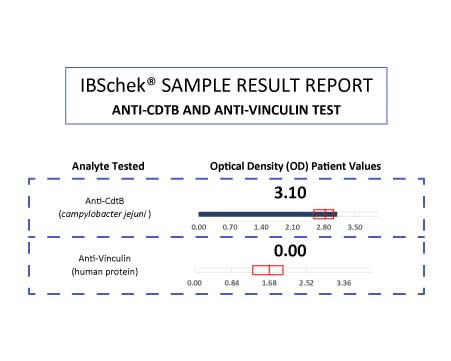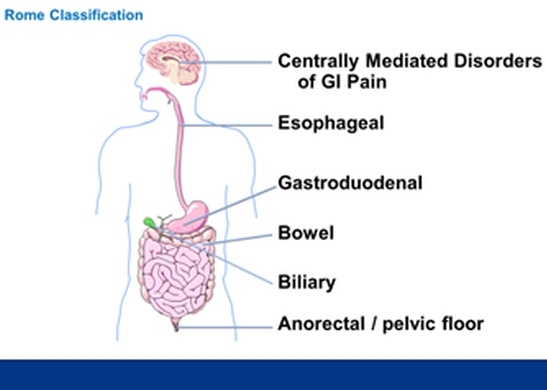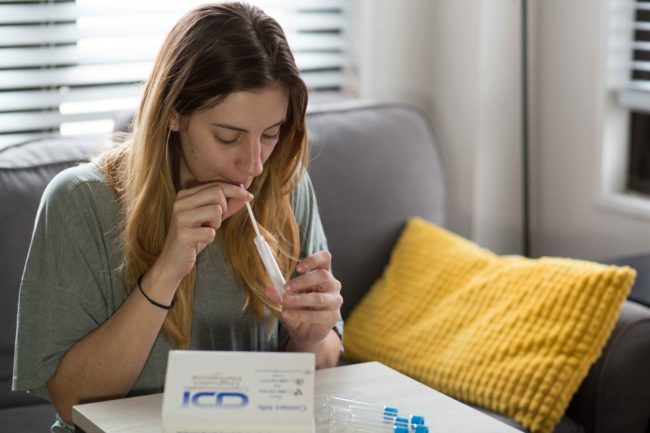Breath Testing and Aerosol-Generating Procedures in Gastroenterology
GI leaders call for updated guidelines from industry medical professional societies for breath testing amidst ongoing COVID-19 concerns caused by aerosol-generating procedures (AGPs) Download Full Digital Copy of “Breath Testing and Aerosol-Generating Procedures in Gastroenterology”DOWNLOAD NOW As of early May 2020, the CDC listed aerosol inhalation as one of the coronavirus’s most significant ways to…










